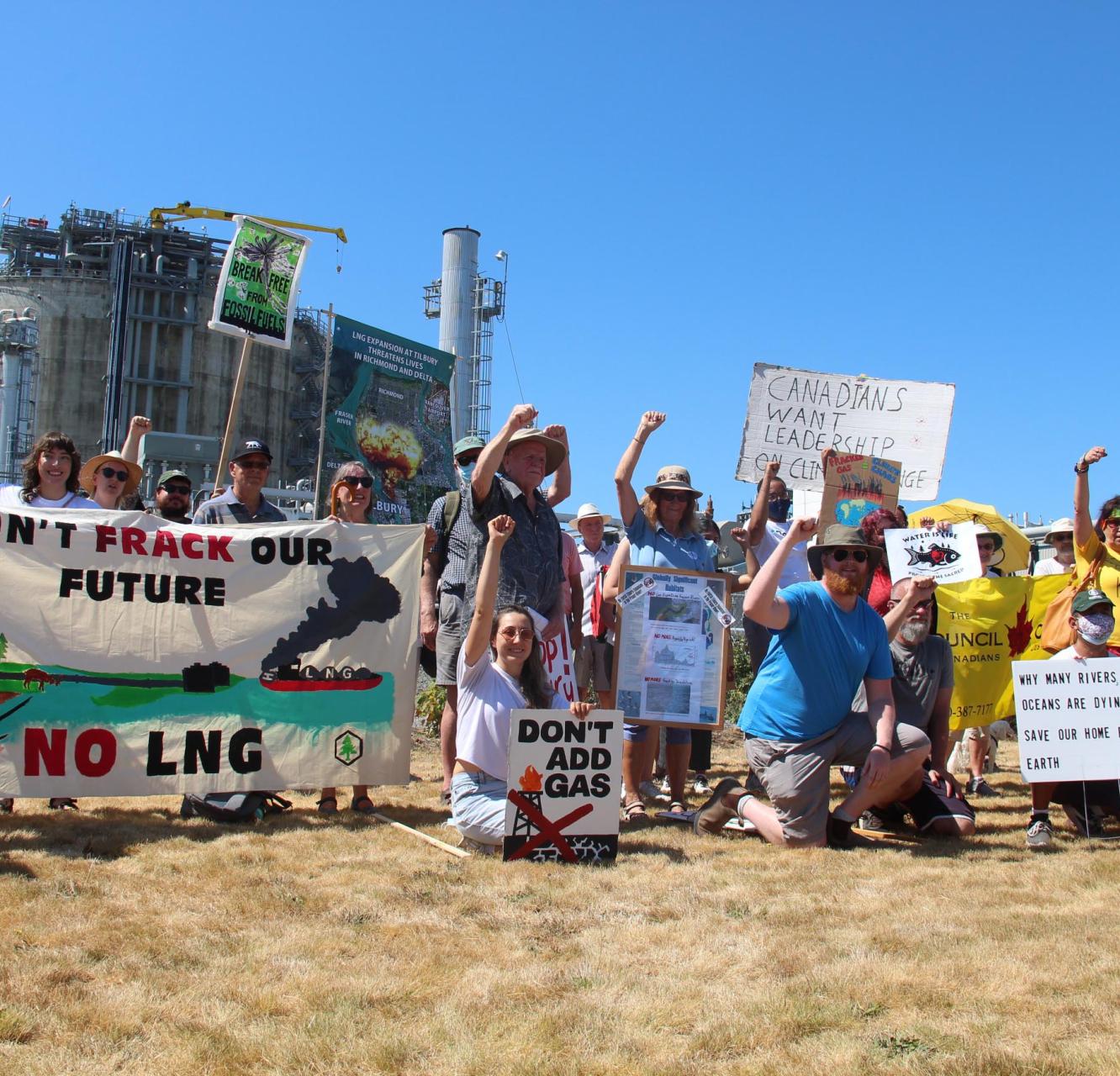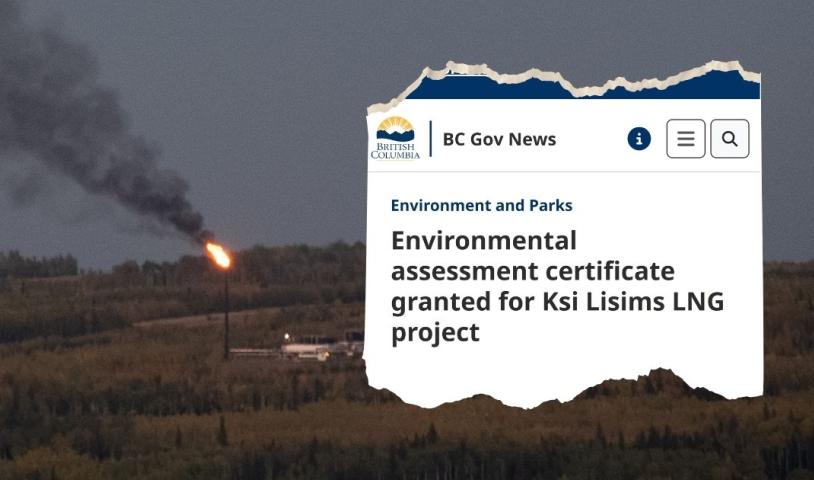Environmentalists: Cheap gas comes at a price
Wednesday, January 21, 2015Environmentalists opposed to fossil fuels are having a field day with the plunge in world gas prices, but even the most diehard admit that cheap gas comes with a price.
“Having low gas prices is not about being happy or unhappy,” said Jay Ritchlin, Western Canada director of the David Suzuki Foundation. “There are pros and cons.”
The downside to cheap gas is that people may stop taking the bus and get back in their vehicles.
“There is less incentive to conserve gas or buy fuel-efficient cars,” he said.
Mission mechanic and drag-racer Chris Stone is among the thousands who are relishing the gas-savings holiday. He burns a lot of fuel driving a powerful 5.7-litre Dodge Magnum to work and a 7.2-litre Dodge Dart at Mission Raceway.
The open road for him is a quarter-mile drag strip, where he zooms from zero to 130 m.p.h. in 10 seconds.
“I like to drive fast,” he said.
He figures to save $3,000 a year. “That’s a considerable amount of money,” he said. “It’s like a free year of driving.”
Ritchlin said the plus-side of cheap gas comes as places where oil is costly to extract, such as Alberta’s oilsands, are being squeezed financially.
“Forty-dollar-a-barrel oil is not a good reason to invest in the tarsands,” Ritchlin said. “This is an opportunity to get off big investments, which will lock us into fossil fuels for decades.”
Alberta Premier Jim Prentice said the drop in oil prices to $50 a barrel has “dramatically” changed government revenues, which banked on oil at $95 a barrel.
“We are hard-pressed to balance the budget for 2014-15,” he said.
Prentice anticipates oilsands production will continue to grow, but there will be some deferrals in capital investments.
Bill Simpkins, spokesman for the Canadian Fuels Association, said there has been no noticeable increase in gasoline purchases.
“Consumers are certainly benefiting,” he said.
Eoin Madden, climate campaigner with the Wilderness Committee, called $1.05-litre gas a “reprieve.”
“It’s time to restart the conversation about renewables such as wind, geothermal and solar power,” he said.
Environmentalists say their concerns are based on scientific studies that have found carbon in the atmosphere generated by fossil-fuel emissions is causing the world to warm up at a perilous rate.
Ritchlin said the underlying problem is that global environmental policy is driven by the price of a “volatile” commodity.
He thinks the price needs to be set higher by government decree, additional taxes levied and producers’ profits curtailed.
“If we leave it to the market to regulate the price of oil, we’re not going to get a consistent signal on what society needs to do. This leads to a boom-bust economy,” he said.





